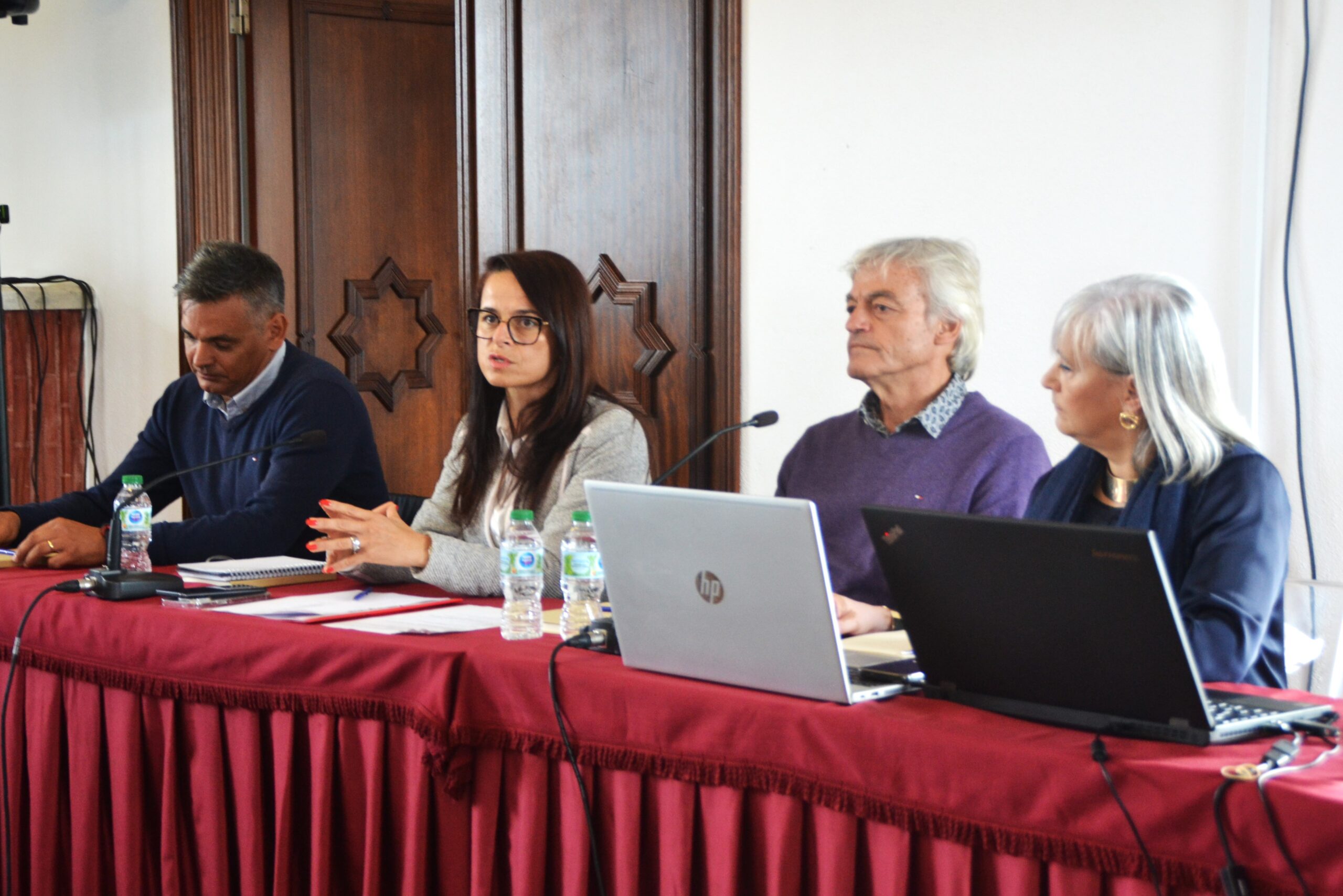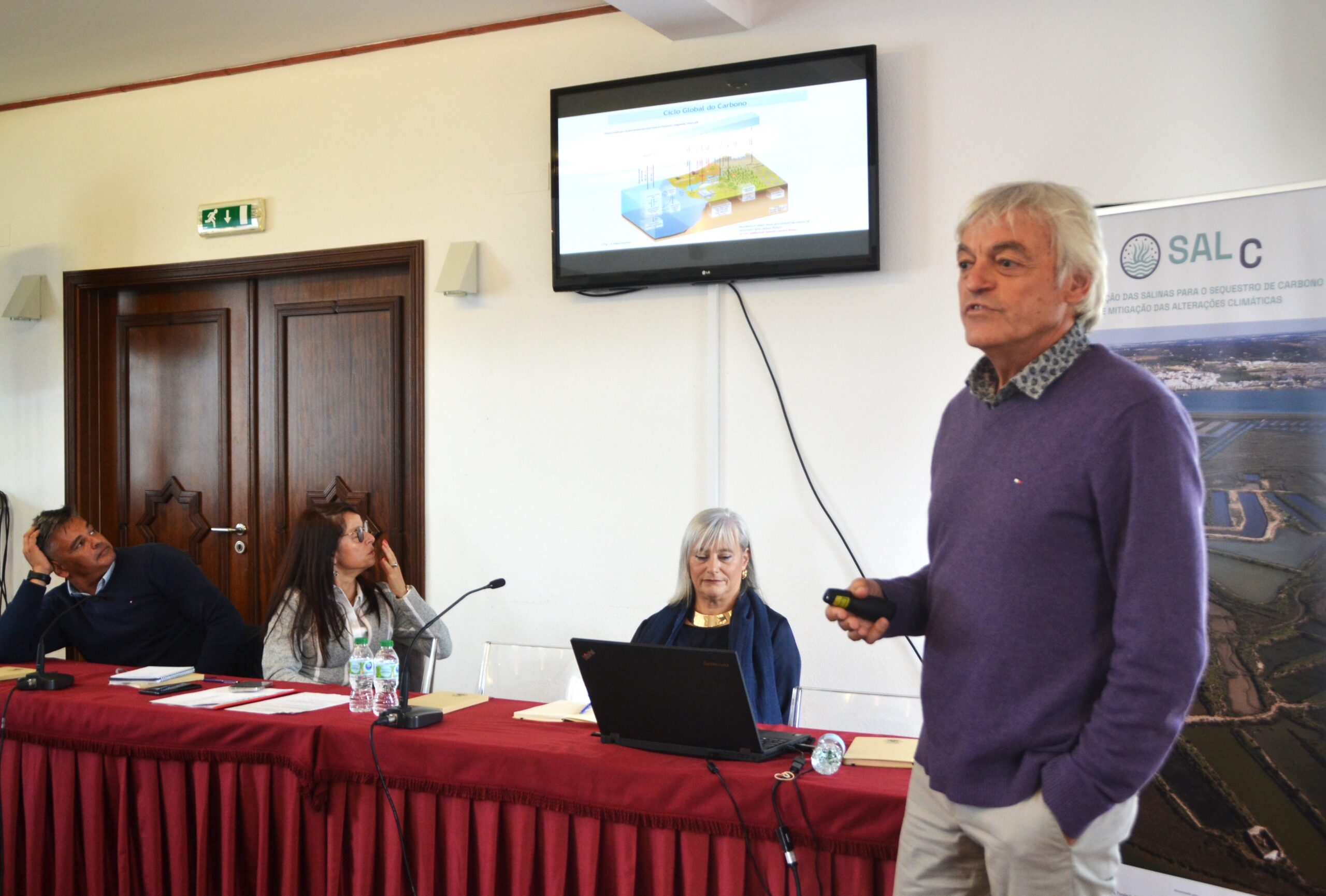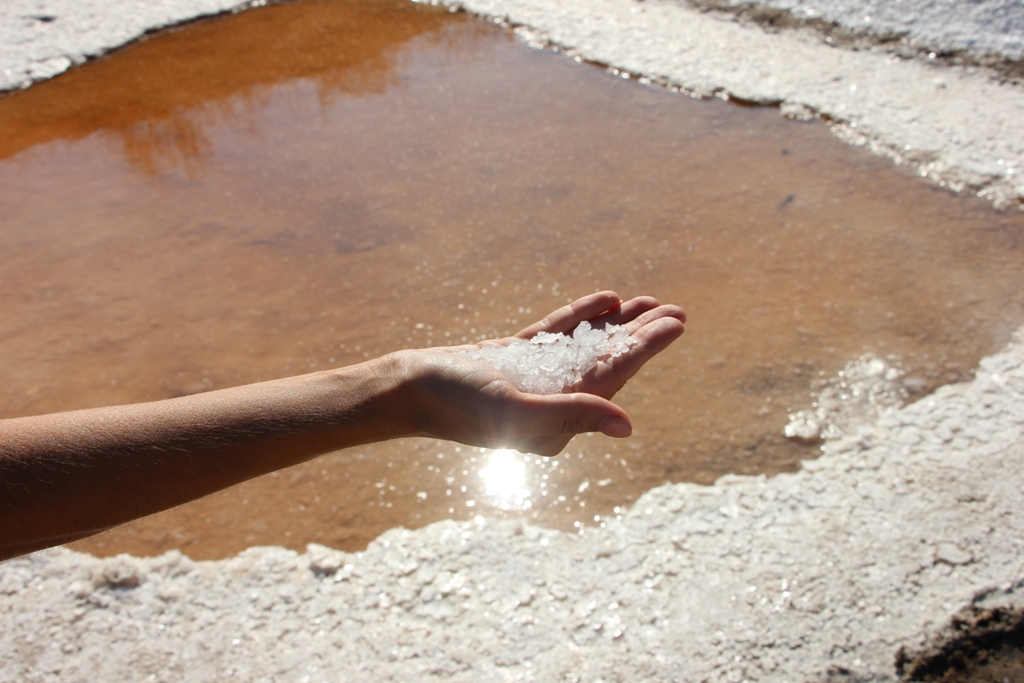A seagrass nursery, that is, an ecosystem that allows carbon sequestration at a rate 30 times more efficient than the forest, will be born in the Castro Marim salt flats. The project “Sal C – Valorization of Salt Flats for Carbon Sequestration and Mitigation of Climate Change” was presented this Thursday, November 30th, and, in addition to the environmental aspect, will also increase the value chain of this ex libris Castromarinense.
This is a project led by BlueZ C Institute – Association for Marine Conservation and Carbon Economy, a start-up e spin-off from the University of Algarve, which has a partnership with the Municipality of Castro Marim, Eurocidade do Guadiana and the company MadeinSea.
The presentation also ended up taking place on a symbolic date, since, since this Thursday, the 30th, COP28, the climate summit organized by the UN, has been taking place in Dubai.
In statements to the Sul Informação, Rui Santos, president of the BlueZ C Institute, explained that the project was born from the «need we have to have seagrass nurseries because they are in global decline».
«We need to stop this and try to restore this ecosystem, which is key to the coastal system, not only by sequestering carbon, but by purifying the water and removing nutrients», he added, on the sidelines of the presentation that took place at the Revelim of Santo António , in front of dozens of people.

And how will seagrass be planted?
According to Rui Santos, the «input tanks, which all salt pans have, will be used to plant seagrasses».
«It didn’t make sense for us to get herbs from natural populations. Therefore, we are going to take advantage of a fish farming tank at the Portuguese Institute of the Sea and Atmosphere, which is covered in seagrass, to use them», said the professor at the University of Algarve.
For now, only one salt mine will be used – “Made In Sea”, founded in 2018, but the objective is for the idea to expand.
“This is a proof of concept. If it works, and we will measure everything, this can be exported to any salt company in southern Europe», said Rui Santos.
In addition to the environmental component, this is a project that will also help with salt production itself.
«One might think that it has negative implications, but on the contrary: the impacts will be positive because the water will be filtered before being evaporated into salt. If there are microplastics coming from seawater, they will also be filtered», guaranteed the coordinator of the research group Algae-Marine Plant Ecology.

This is, in the words of Rui Santos, a relationship «win-win» – « the company wins because the water that will be used to make the salt is cleaner and purer and also has a positive environmental impact component».
Furthermore, the project increases the value chain of one of the most relevant activities in the Castro-Marinense economy - traditional salt farming -, as it promotes the profitability of salt mines, by transforming a seasonal activity into a permanent activity and creating new qualified jobs. .
“Sal C – Valorization of Salt Flats for Carbon Sequestration and Climate Change Mitigation”, which has a total investment of 200 thousand euros, 75% supported by the “La Caixa” Foundation, started in November, but the planting of herbs navies will only happen in the spring.
Filomena Sintra, vice-president of the Chamber of Castro Marim, was also present at the public presentation of this project, where she said that she has been a supporter of this initiative from the beginning.
«It's a very happy day for Castro Marim. Salt is one of the most valuable things we have in Baixo Guadiana and I am sure that this project will be the incubator for many others in our territory", he concluded.



















Comments